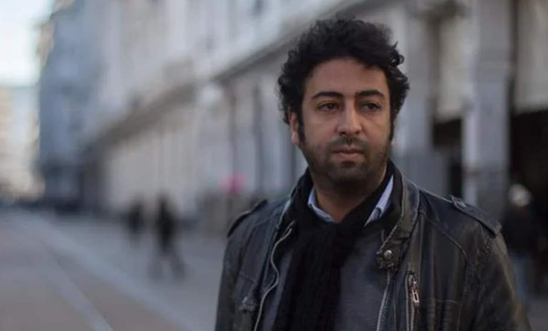
Press releases
Morocco: government smear campaign against Amnesty shows intolerance of criticism

Attacks on Amnesty’s work follow exposure of authorities’ surveillance of leading journalist using Israeli company’s notorious spyware
Journalist Omar Radi twice summoned by the authorities since 22 June report
Smear campaign ‘coincides with deepening repression within the country’ - Heba Morayef
Amnesty International has responded to an orchestrated smear campaign by the Moroccan authorities against its work on Morocco, saying it showed how intolerant the Moroccan authorities have become of legitimate criticism of the country’s worsening human rights record.
The Moroccan authorities’ attacks follow the publication of an Amnesty report on 22 June exposing how spyware from the Israeli company NSO Group had been used by the Moroccan authorities to place independent journalist Omar Radi under unlawful surveillance.
In the past week, the Moroccan Government has falsely accused Amnesty of failing to offer it the right of reply on the findings of the report, and of fabricating facts and failing to provide evidence to back up the report’s claims. Unnamed government sources have told Moroccan media that the government intends to shut down the Amnesty Morocco office in Rabat.
Contrary to claims by the Moroccan Government, Amnesty notified the Moroccan authorities - in a letter sent to five Ministry of Human Rights officials via email on 9 June - of its intention to publish the report two weeks prior to publication. The same letter invited the government to provide a response for inclusion in the report - though no response was received.
Yesterday, Amnesty sent a further letter to the Moroccan Government standing by its research findings and providing more details over its research methodology. Amnesty’s findings tally with those of Privacy International and Citizen Lab, who have documented the Moroccan Government’s purchase and unlawful use of surveillance technology.
In addition to the anti-Amnesty smear campaign, the Moroccan authorities have twice summoned Omar Radi - the journalist at the centre of the Amnesty report - to appear before them. He was summoned by the National Brigade of Judicial Police on 24 June, and again on 2 July.
For more on Radi’s work and details of the spyware attack, go here.
Heba Morayef, Amnesty International’s Middle East and North Africa Director, said:
“This smear campaign and the false claims made against Amnesty International are an attempt to discredit solid human rights research which has uncovered a series of unlawful surveillance incidents using NSO Group products.
“This is not the first time efforts have been made to undermine Amnesty’s work and coincides with deepening repression within the country.
“Dozens of human rights activists, independent journalists and protesters are currently in prison, and the authorities have taken advantage of the COVID-19 pandemic over the past months to prosecute more critics.”
Past obstructions of Amnesty’s work
This is not the first time that Amnesty’s work in Morocco has been obstructed. In June 2015, two Amnesty researchers who were investigating the situation for migrants and refugees in the country, were expelled from Morocco despite assurances from the government that the organisation could conduct its work there. The authorities also blacklisted an Amnesty staff member who authored a 2014 report on torture in the country, banning the researcher from travelling to Morocco both for fieldwork and in a personal capacity. In September of the same year, the Moroccan authorities also banned an Amnesty youth camp.